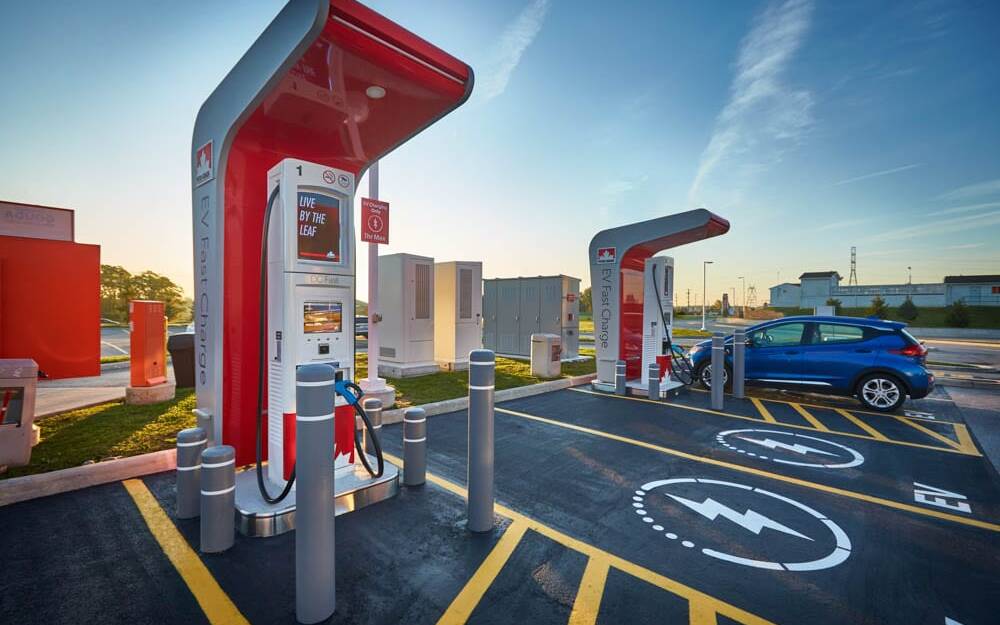Report: 70 % of Car Sales Must be Zero Emission by 2030 to Meet Canada’s Emissions Goal
The C.D. Howe Institute, a not-for-profit research institute whose mission is to analyze public policies, says in a recent report that we will need 70 to 75 per cent of Canadian passenger auto sales to be completely zero-emission by 2030 if we want to achieve the federal government's emissions targets.
Zero-emission vehicle sales recorded a 3.5 per cent market share in 2020.
- Also: Ottawa Moves ICE-powered Vehicle Ban to 2035
- Also: Équiterre Urges Ottawa to Address Damaging SUV, Pickup Marketing
The Institute’s report also states that approximately 7.7 million electric or other no emission-vehicles, such as hydrogen fuel-cell, would have to replace current ICE vehicles on the road to cut the necessary 213 megatonnes (MT) of greenhouse gas emissions by 2030, just enough to achieve Ottawa's climate plan released last December.
Going from 3.5 per cent to 70 per cent by 2030 would, according to the report, translate to boosting total zero-emission vehicle share on the road to 30%. The Liberal’s recently updated mandatory zero-emission vehicle sales targets state that 100 per cent of all passenger vehicles rolling out of dealerships by year 2035 must be zero-emission.
This is a giant leap, not only considering the current zero-emission vehicle demand, but also the supply – which is already impacted amid the global semi-conductor shortage.
A series of variants and factors can impact the plan's success, like how quickly Canadians replace their current used vehicles with more efficient ones, but also what shares of new conventional vehicle will fall in the light trucks or higher emission SUVs categories in the near future, and how those can impact emission reduction goals.
Source: Automotive News Canada







